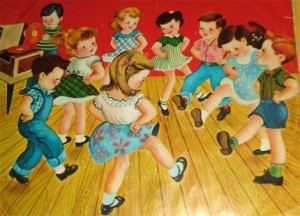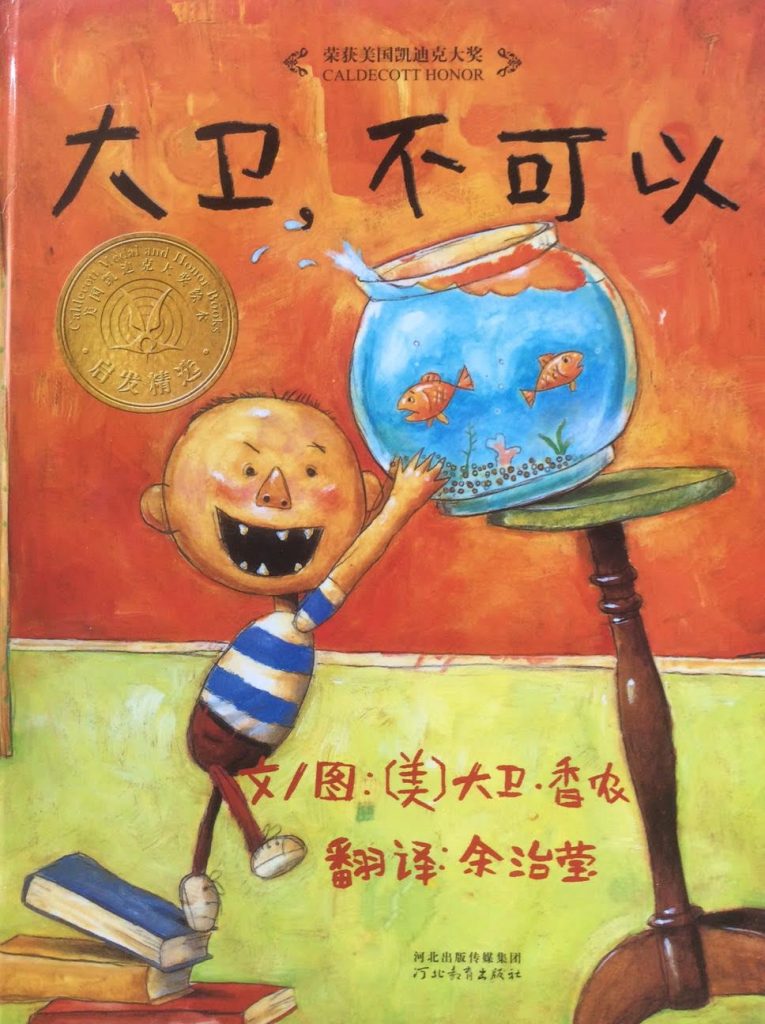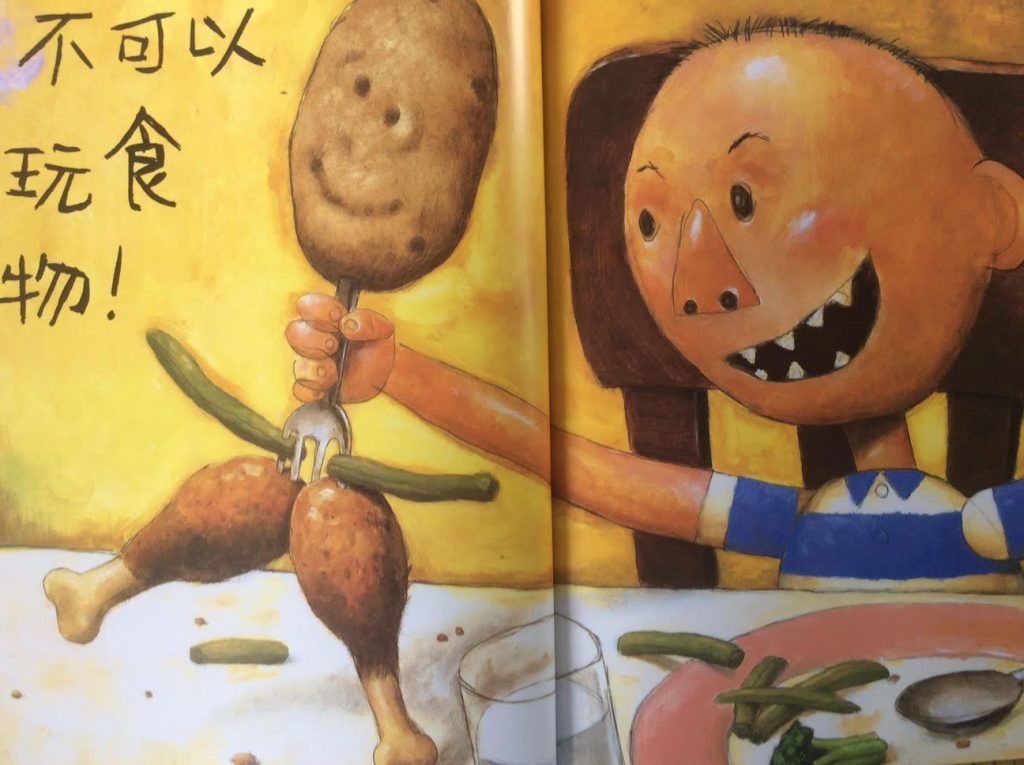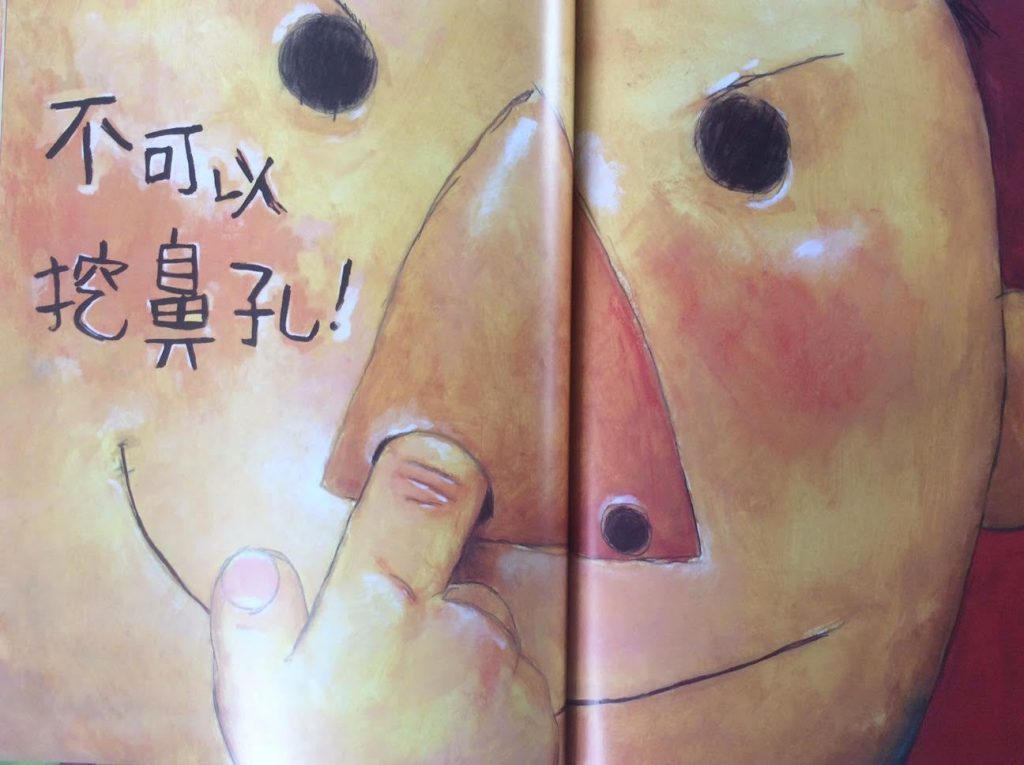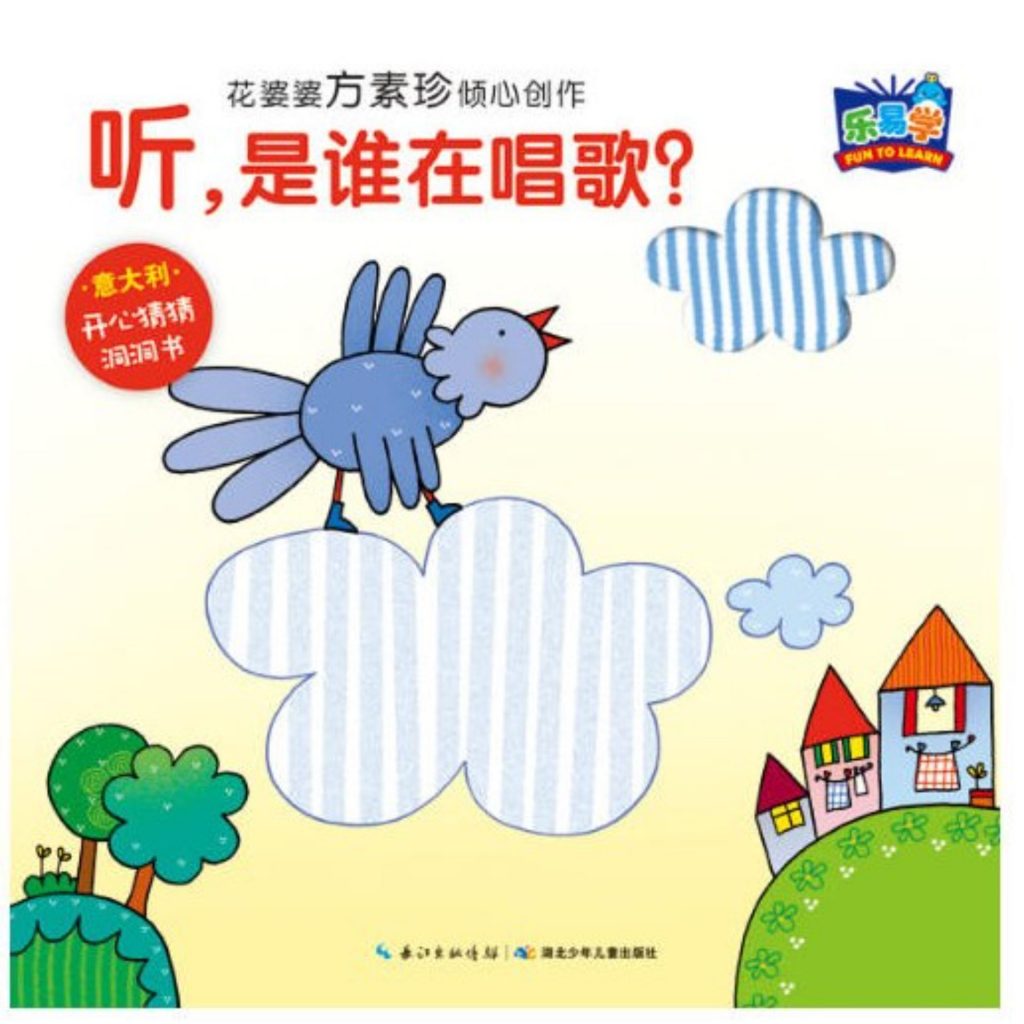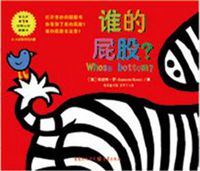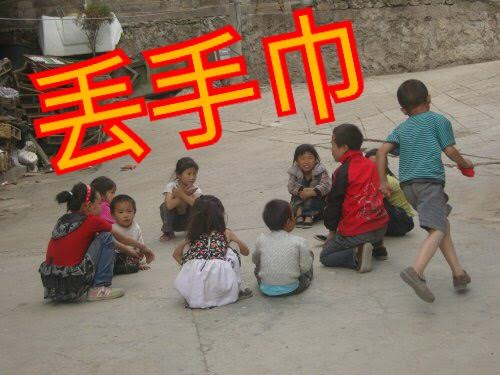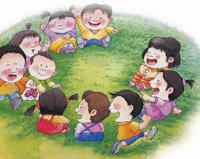The Hokey Pokey song in Mandarin is called 唱歌跳舞 (chàng gē tiào wǔ) which is literally ‘sing songs and dance’ in English!
This is just full of grammar learning opportunities, and also gets the kids up and dancing like they are at a party!
It has position/location sentence structure (inside, outside), left and right, and body parts.
But it is the repeated 把 construction that is the winner for me! The 把 sentence pattern in Chinese is tricky for older students to get their heads around, yet little kids get to hear this sentence pattern in this song, and so many other songs and classroom instructions, so many times that they will never have a problem with understanding the grammar of it when they get older!
Here is a video of us singing the song at our Mandarin Song and Story Time, with the words below.
Here are the lyrics:
把右手放里面
把右手放外面
把右手放里面
摇摇你的手
Chorus: 唱歌跳舞, 转个圆圈, 大家笑哈哈
把左手放里面
把左手放外面
把左手放里面
摇摇你的手 (Chorus)
把右脚放里面
把右脚放外面
把右脚放里面
摇摇你的脚 (Chorus)
把左脚放里面
把左脚放外面
把左脚放里面
摇摇你的脚 (Chorus)
把自己放里面
把自己放外面
把自己放里面
摇摇你自己 (Chorus)
bǎ yòu shǒu fàng lǐ miàn
bǎ yòu shǒu fàng wài miàn
bǎ yòu shǒu fàng lǐ miàn
yáo yáo nǐ de shǒu
(Chorus) chàng gē tiào wǔ zhuǎn gè yuán quān
dà jiā xiào hā hā
bǎ zuǒ shǒu fàng lǐ miàn
bǎ zuǒ shǒu fàng wài miàn
bǎ zuǒ shǒu fàng lí miàn
yáo yáo nǐ de shǒu (Chorus)
bǎ yòu jiǎo fang lǐ miàn
bǎ yòu jiǎo fàng wài miàn
bǎ yòu jiǎo fàng lǐ miàn
yáo yáo nǐ de jiǎo (Chorus)
bǎ zuǒ jiǎo fàng lǐ miàn
bǎ zuǒ jiǎo fàng wài miàn
bǎ zuǒ jiǎo fàng lǐ miàn
yáo yáo nǐ de jiǎo (Chorus)
bǎ zì jǐ fàng lǐ miàn
bǎ zì jǐ fàng wài miàn
bǎ zì jǐ fàng lǐ miàn
yáo yáo nǐ zì jǐ (Chorus)
Translation is much the same as English with a few changes: You put your right hand in, you put your right hand out, You put your right hand in, and you shake it all about, sing and dance and you turn around, everybody laugh. Repeat with left hand, right foot, left foot and whole body, and add your ‘bottom’ (pigu) for a fun one at the end 🙂
This particular translaton was taken from ‘Sing and Learn’ by Trio Jan Jeng and Selina Yoon. You can purchase the whole CD on iTunes.
